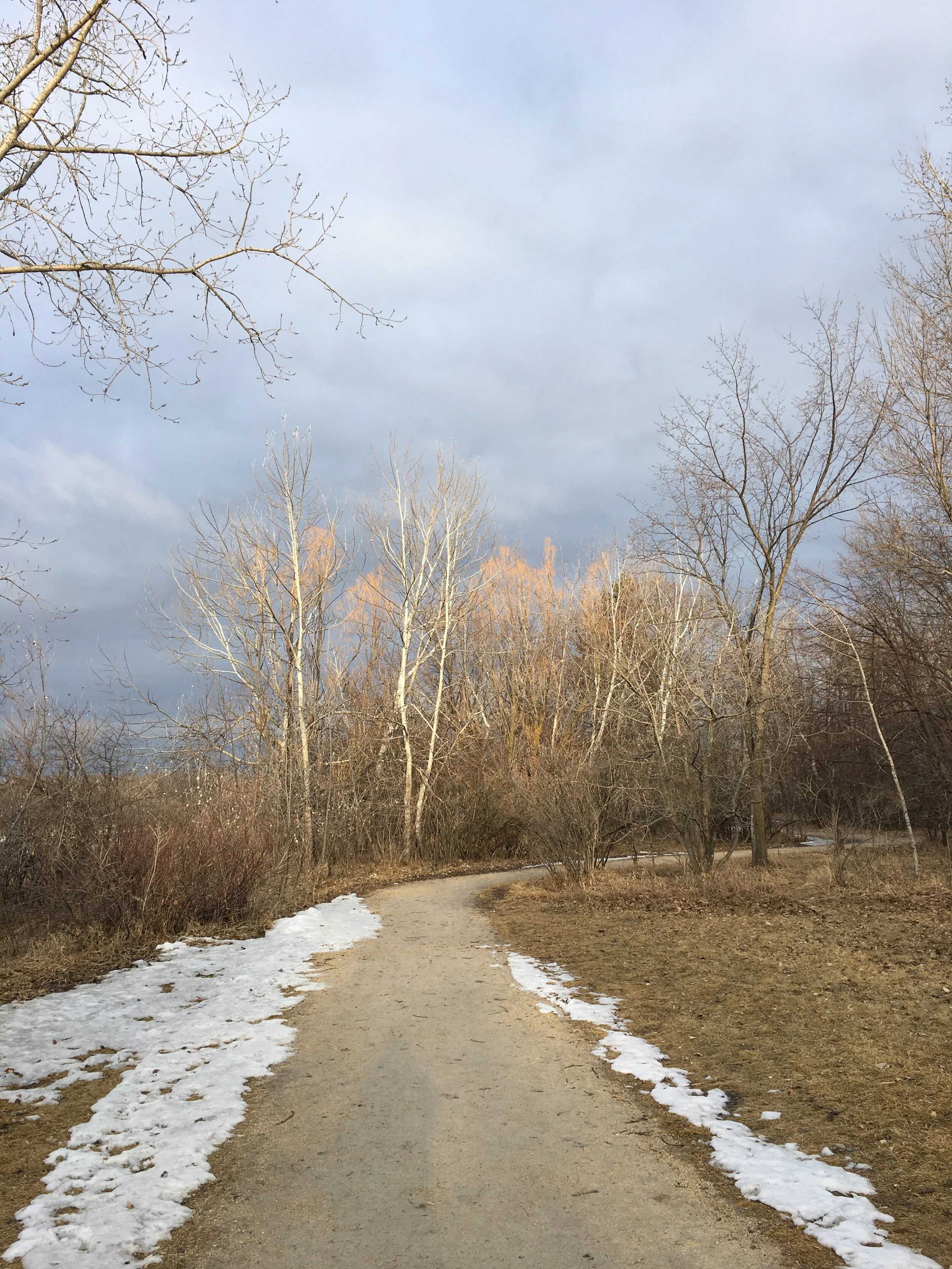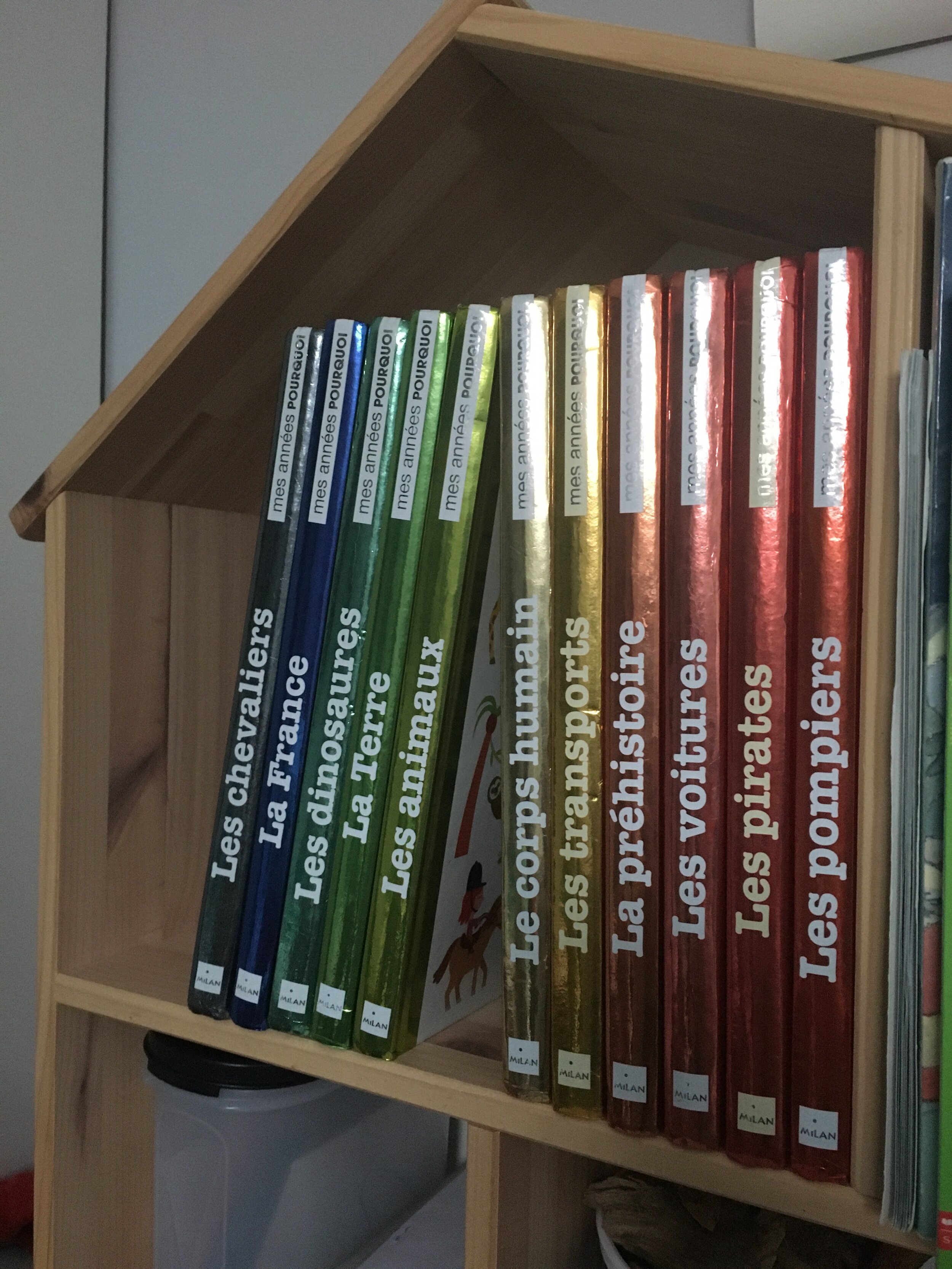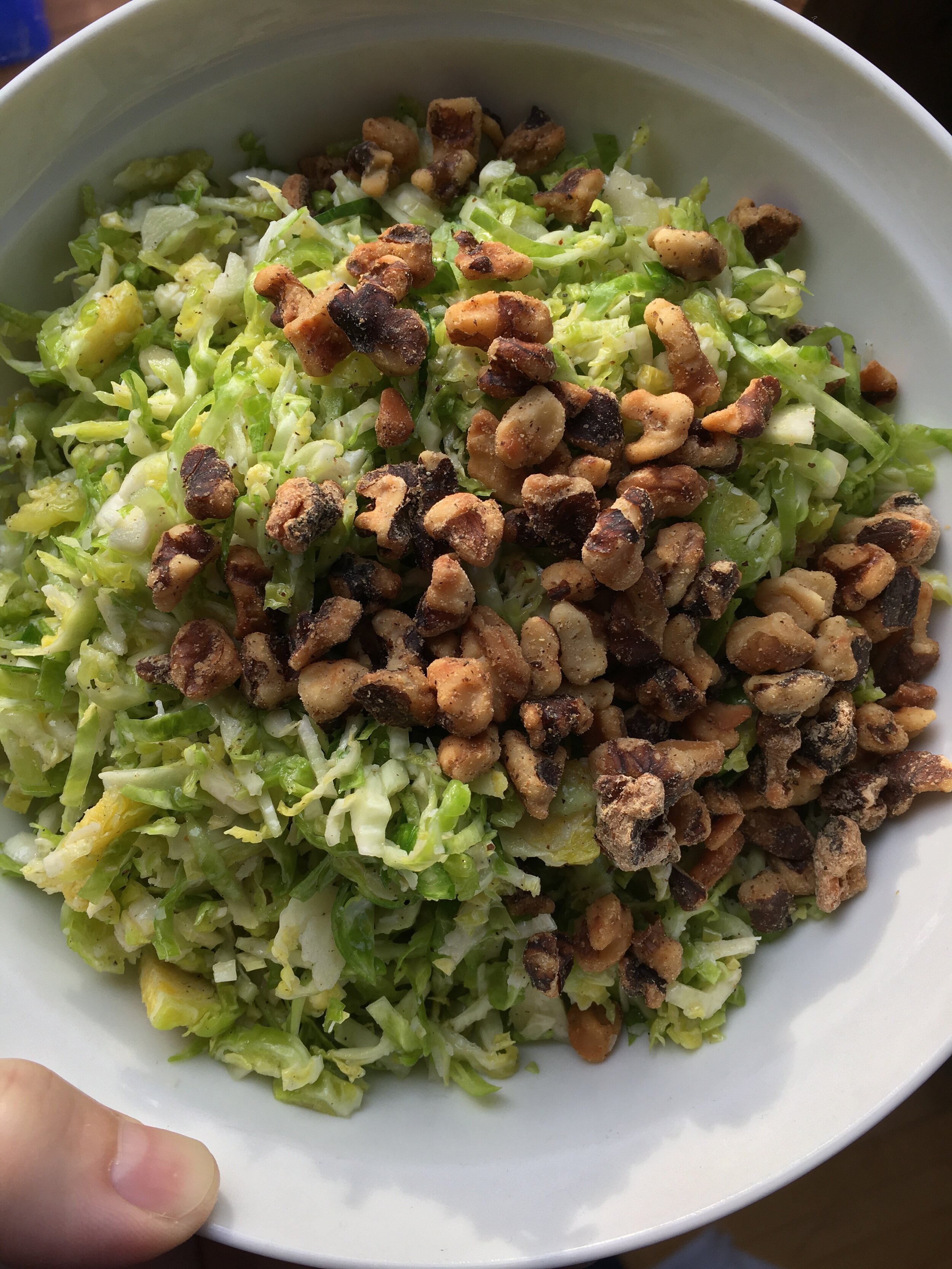How to start: Brodkey seems to have been a controversial character, gleaning from online articles about him. Francine Prose admires the way in which he depicts “people ranting to children” which she calls one of “several notable literary examples.” About a story titled “S.L.” Prose explains: “the ranter is the title character, a self-indulgent decent man who is about to adopt the little orphan to whom he is raving. Reading S.L.’s monologues, we become intensely aware of the way that people often talk to children - as if they aren’t sentient, comprehending beings - when in fact children, like the boy in the story, know perfectly well what the adults are saying. Though S.L. wants the child to love and accept him, everything he says increases our sense of the child’s isolation, confusion, and desperation.”
Favourite quotes: (Bookkeeping) “Sometimes it horrifies me,” he said, “that we dare talk about serious subjects - the camps, love, anything. We should leave the serious subjects to poets, who will tell us how to speak of them without lowering them; we should confine ourselves to the weather and the stock market like sensible people.”
(Innocence) “I distrust summaries, any kind of gliding through time, any too great a claim that one is in control of what one recounts; I think someone who claims to understand but who is obviously calm, someone who claims to write with emotion recollected in tranquility, is a fool and a liar. To understand is to tremble. To recollect is to reenter and be riven. An acrobat after spinning through the air in a mockery of flight stands erect on his perch and mockingly takes his bow as if what he is being applauded for was easy for him and cost him nothing, although meanwhile he is covered with sweat and his smile is edged with a relief chilling to think about; he is indulging in a show-business style, he is pretending to be superhuman. I am bored with that and with where it has brought us. I admire the authority of being on one’s knees in front of the event.”
“There’s a kind of strain or intensity women are bread for, as beasts, for childbearing when childbearing might kill them, and child rearing when the child might die at any moment: it’s in women to live under that danger, with that risk, that close to tragedy, with that constant taut or casual courage. They need death and nobility near.”
(His Son, in His Arms, in Light, Aloft) “The man I hugged or ran toward or ran from is not in any photograph: a photograph shows someone of whom I think, Oh, was he like that?”
(The Nurse’s Music) “I do not think memories lie for a cheap reason. It is just that memory deals in totals, in summaries, in portable forms of knowledge, so that what it dredges up are things that are like mottoes or aphorisms or apothegms rather than like real moments. And the totals are often true enough as they are pictured, even if the pictured thing never happened, but is a total, a mind thing, just as what’s in a photograph never happened but is the machine’s slice of a part of reality, which it then slides out sideways, so to speak, from the forward rush of real air. Time was never that stilled; the photograph lies; the eyelike machine slices off a thin and fixed souvenir; what gives it focus makes it untrue - no one I know was ever as still as a photograph.”
(The Boys on Their Bikes) “He’d gotten me to start to try to explain; explanations are demeaning: you’re in service to the other’s understanding you then; you’re not allowed to live but have to stand in a clear light and just explain.”
(Angel) But I imagined all that as laid aside with regret or even hatred, but since, if one lives, one will most likely be a witness from now on, what need is there for most of such aspects of will in one’s self as one has needed up until now when one was not a witness? Almost certainly, one can expect to be inspired now and protected - oh, not physically: one can be martyred, used in various ways in whatever time or timelessness there is to be now: one has a very different sort of soul - the total of one’s self now includes this occasion and one is different.”
Tangential: Harold Brodkey’s obituary in The Independent, as written by Andrew Rosenheim, makes light of the opinion that Brodkey was a narcissist: “He was, to be sure, an incurable narcissist…” but some of Brodkey’s stories describe Narcissistic Personality Disorder to a T, namely “A Story in an Almost Classical Mode” and “Largely an Oral History of my Mother”. I wish more could be written about narcissism in literature, but I do feel that this website has it right when they state: “Creating a believable narcissist for fiction ultimately requires real life experiences of living or working with a person.”









